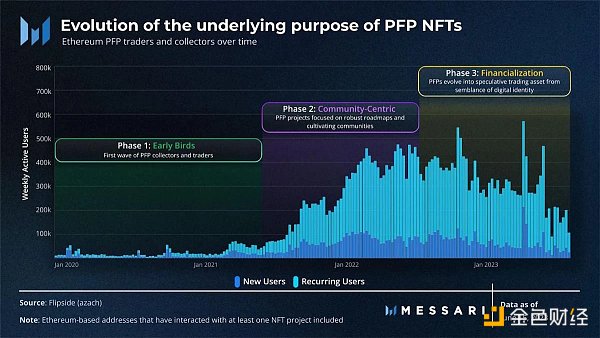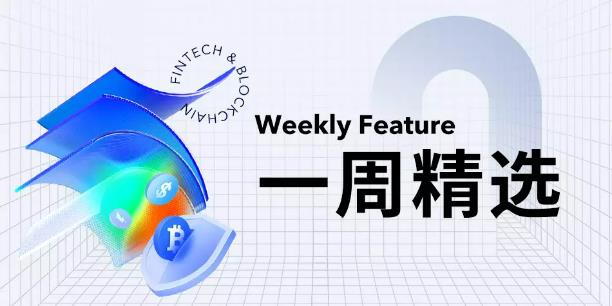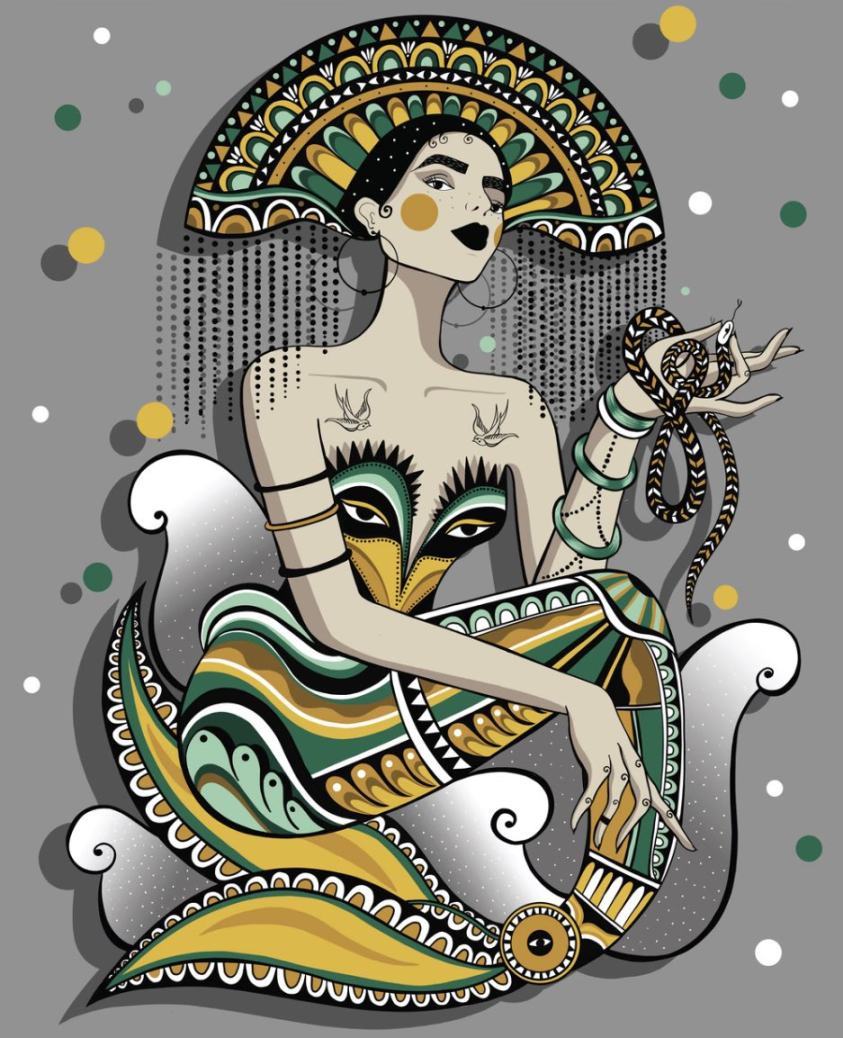Love and mourning in the alliance chain (sequel): Performance is not the most decisive factor
In the previous article, it was limited to the length of the article. Many questions were not detailed enough. For topics of interest to friends, they should be summarized and extended to make the alliance chain more stereoscopic and complete.
Question 1: Is the alliance chain really a blockchain in the true sense?
The main reason why the alliance chain thinks that he is not a blockchain in the true sense is that his degree of decentralization has been criticized. But what is the essence of going to the center? The author believes that "decentralization is a relatively fair division of responsibility, and the cutting of monopoly rights into a multi-party governance model is also an effective decentralization, and the idea of a coalition chain is just that . " The realization of technology often depends on the form of the business itself, and should not be fully cut, so the alliance chain can be different from the public chain, including consensus algorithms, account data range, and permissions. Fairness, justice, openness, transparency, co-governance, sharing, and mutual benefit are the social values of blockchain technology. More importantly, technology is to achieve the ideal of governance, guard against the occurrence of moral hazard, and create a fair and just environment.
Question 2: Who can laugh at the end of the dispute between the public chain and the alliance chain?
- The market “falls” endlessly, can the recent major changes in EOS reverse the overall situation?
- Introduction to Asymmetric Encryption: Vernacular Analysis of Private Keys, Public Keys, RSA
- Love and mourning of the alliance chain: development is difficult, where is the source?
My view is that there is no competition between the public chain and the alliance chain, because their customer base, business organization and service output are not the same. Although the two technologies are homologous, in the future these two pieces may be differentiated into two completely different and highly differentiated fields, just like the 2B and 2C in the Internet field. Therefore, whether it is the victory of the public chain or the victory of the alliance chain, it is ultimately the victory of the blockchain itself, and it is the victory of the democratic spirit of fairness and justice.
Question 3: The technology and performance of the alliance chain are not up to standard, which is not enough to meet the needs of the application. Where is the problem of the alliance chain?
For the alliance chain, technology does delay its explosive development, but performance is not the most decisive factor. Because the current TPS of many alliance chain platforms can reach 1000 or higher (Hyperledger Fabric 1.0 laboratory data is 800~1000), and the delay can be achieved in seconds, which means that the processing capacity of the alliance chain can reach 10 million. The level of trading volume. The daily trading volume of the general business system (not all business systems) of domestic general joint-stock banks and city commercial banks is also tens of millions. Therefore , performance is not the most decisive factor in terms of landing.
It is the real essential reason why the business construction ideas are difficult to change. Many enterprise-level customers lack the right business scene to sort out and prepare. How to use the blockchain technology for the optimization and upgrade of the business itself is the most important reason. However, many governments, enterprises, banks, insurance companies, and consumer finance companies are also trying to do this. After all, decentralization in a fully centralized organization takes time.
Question 4: In the business alliance ecology, everyone is a competitor. How to coordinate the interests after the chain? How to protect private data?
This is the real dilemma, so I think that the alliance of different industries may be a way out. The participants in the alliance come from different industries and have no competition. Only mutual assistance and complementary relationships, such as public security, industry and commerce, taxation, banking, and insurance, are united. The data foundation, privacy protection of data (data desensitization, zero-knowledge proof, etc.), form a joint mutual aid system that serves the whole society. In the alliance, everyone actually outputs not data but services, including open services. The public), semi-open services (for alliance internal partners) and closed services (not open to the outside world), the far-reaching impact of the construction of such public services will be very great, after all, the country’s economic lifeline and massive resources are still in the hands Among state-owned institutions and enterprises.
Question 5: Is there a chance in the blockchain in a business area where institutional trust is dominant?
Institutional trust is actually the foundation for a stable society, at least for a long time that can be foreseen. There are many rigid laws, regulations and industry self-discipline in the institutional alliance, and the cost of crime is very high. Therefore, the current mechanism is still an effective and verified mechanism, but this mechanism is not perfect, so the blockchain is in terms of technical realization. It can achieve good management ideas and improve the landing effect. Although the technology implementation is still relatively lagging behind, there must be opportunities.
We will continue to update Blocking; if you have any questions or suggestions, please contact us!
Was this article helpful?
93 out of 132 found this helpful
Related articles
- Visit: What is behind the brush of the digital currency exchange?
- Interview with famous economist W. Brian Arthur: historic changes are taking place, blockchain will enter everyday life
- Viewpoint | Say goodbye to traffic and funds, is there still value in digital currency?
- How blockchain technology can improve the lives of 22 hospitals
- Viewpoint | If these three technologies improve, blockchain technology will be more widely used
- Explore: Blocking and expansion of blockchains
- Analysis: The DAO governance trend is gradually rising, and the blockchain needs no braking mechanism?






